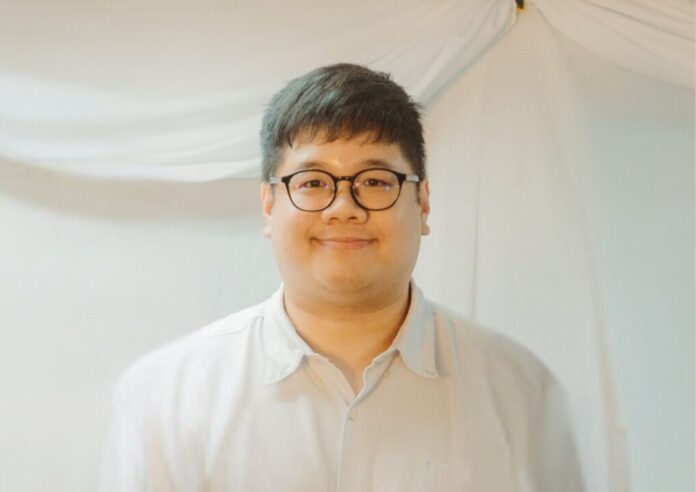Mental health remains one of the most complex and stigmatized issues across Asia. For Jonathan Kuek—a psychology researcher and advocate—it’s not just about treatment, but about reshaping the narrative and infrastructure supporting mental health. In this interview, Jonathan Kuek shares his candid insights on misconceptions in recovery, challenges in psychology education, ethical concerns in digital...
RELATED ARTICLES
© NewInAsia.com 2025








